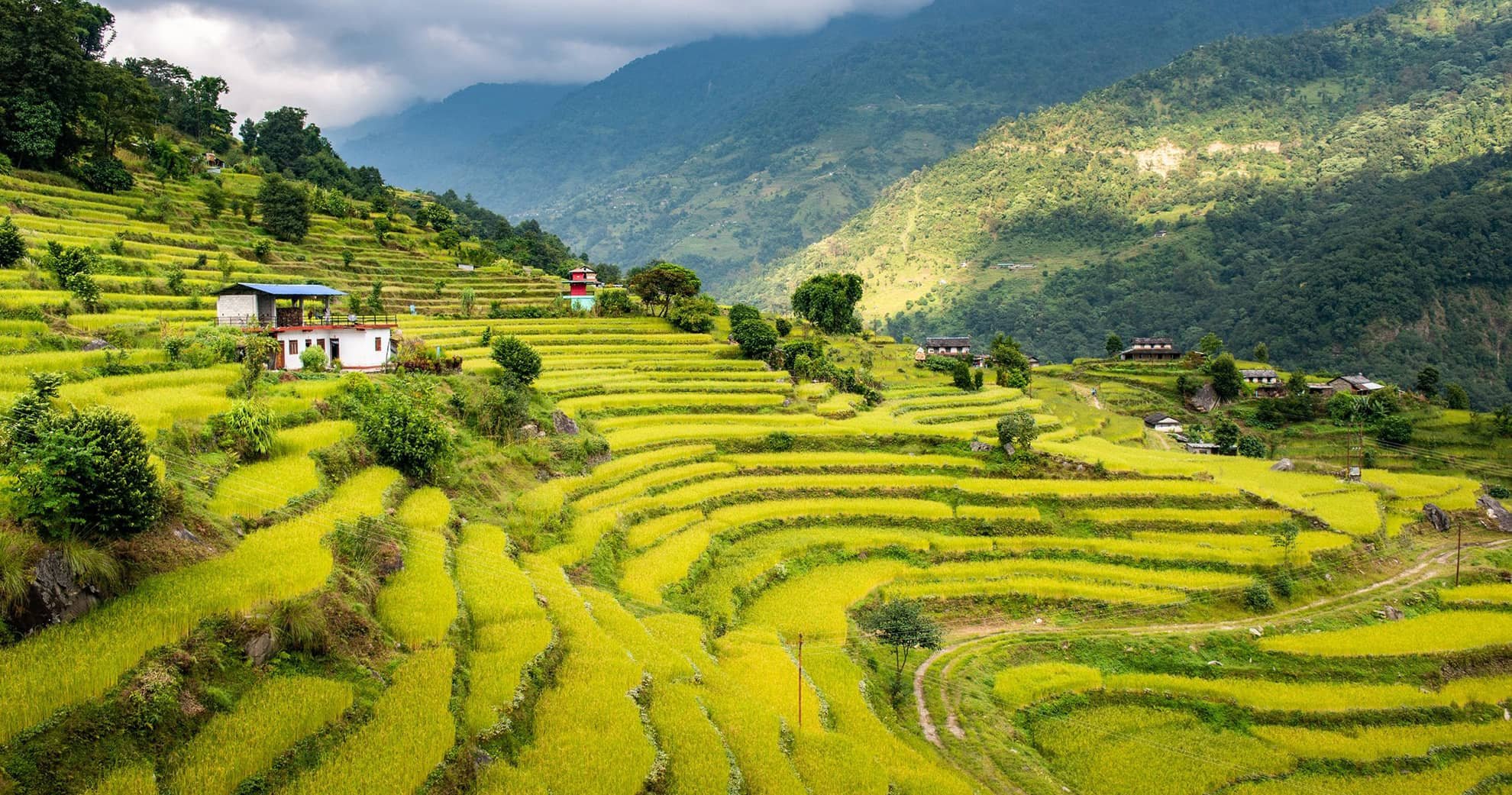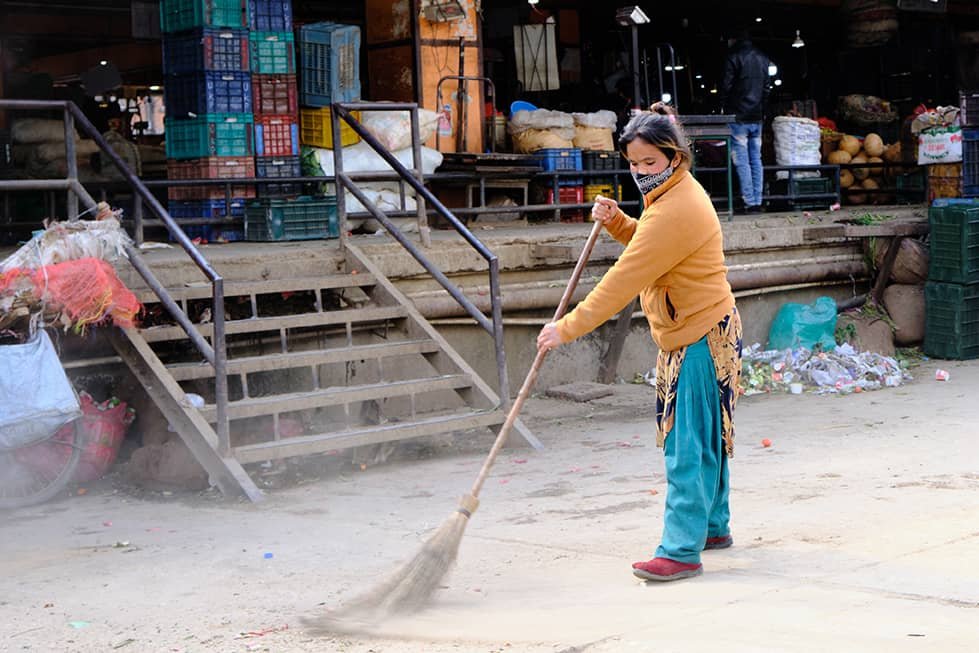
Environment
Nepal is breathtakingly beautiful with its mountains, rivers and heritage sites. Unfortunately Nepal is also known for poorly managed waste that is dumped in the rivers and streets compromising not only the beauty of Nepal but also the health of its citizens. Waste in Nepal is often burned contributing to the terrible air pollution. According to WHO the air pollution in Kathmandu is one of the worst in the world causing over 10,000 deaths per year. Waste is also dumped on poorly managed dumpsites causing pollution around these sites and of the rivers and groundwater. People and animals are drinking this polluted drinking water and get sick and might even die as a result.
Biocomp collects and recycles the waste to ensure it is not being dumped or burned. Instead of polluting the environment this waste is now a resource for new and innovative products.
Biocomp also contributes to climate change mitigation. Organic waste being dumped will rot and produce large amounts of methane, a greenhouse gas 28 times stronger than CO2. Biocomp uses an aerobic method to produce compost from organic waste which is avoiding these methane emissions. Biocomp is Gold Standard certified for these emission reductions and reduces up to 8000 tons of greenhouse gasses per year (CO2 equivalent)
Many farmers and horticulturalists use chemical fertilizers causing soil degradation. Soil degradation is the loss of organic matter, decline in soil fertility, structural condition, erosion, and the effects of excessive flooding. Using organic compost fertilizer in combination with the right agricultural practices can end the soil degradation, recover the health of the soil and stop erosion and runoff of soil nutrients. More information about the benefit of using compost can be found on Products and Services > Compost.


